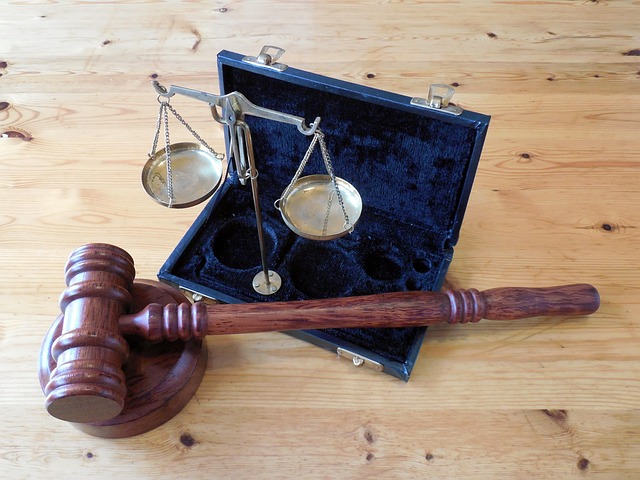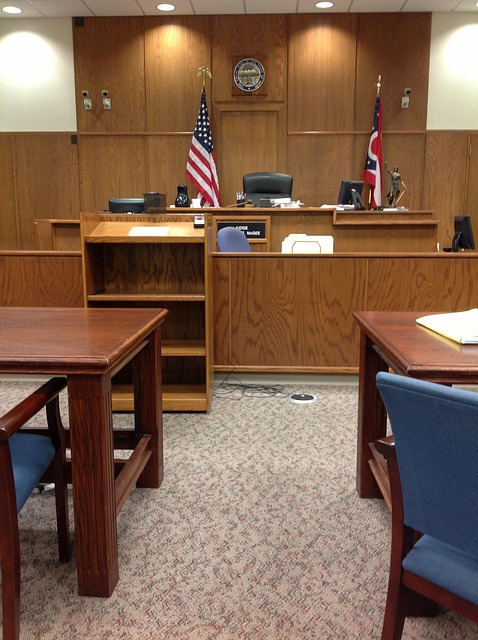Appealing a criminal sentence decision requires meticulous review of court evidence, judge's reasoning, and law application. Identifying errors, misinterpretations, or inconsistent legal applications builds robust arguments. Strategic planning with experienced white-collar defense lawyers enhances likelihood of success, potentially leading to dismissal of charges. Understanding outcomes, varying success rates, and resource intensity is crucial before pursuing an appeal.
Litigation Risk Management is a critical aspect of any legal strategy, especially when appealing a criminal sentence decision. This comprehensive guide delves into the intricacies of navigating complex legal procedures, understanding appeal processes, and building robust arguments. We explore key strategies to enhance success rates, providing insights on challenges faced and their effective mitigation. By examining potential outcomes, you’ll gain valuable knowledge on how to approach and manage appeals, ensuring a well-informed strategic decision.
- Understanding Criminal Sentence Decisions: A Basis for Appeal
- Navigating Legal Procedures: Steps to Initiate an Appeal
- Building a Compelling Argument: Challenges and Strategies
- Potential Outcomes: Success Rates and Implications of Appealing
Understanding Criminal Sentence Decisions: A Basis for Appeal

Understanding criminal sentence decisions is a critical step for anyone considering an appeal. It involves meticulously examining the evidence presented in court, the judge’s reasoning, and the application of the law to ensure fairness and accuracy. A strong understanding of this process enables individuals and their legal representatives to build robust arguments for appealing a criminal sentence decision.
When evaluating the potential grounds for appeal, it’s crucial to look for errors in the proceedings, misinterpretations of evidence, or applications of the law that are inconsistent with established precedents. If a respective business faces a challenging defense verdict, understanding these factors can lead to a successful appeal, resulting in a complete dismissal of all charges. This requires a thorough review and strategic planning, but it’s possible to win challenging defense verdicts by presenting a compelling case based on the principles of justice and legal procedure.
Navigating Legal Procedures: Steps to Initiate an Appeal

Navigating Legal Procedures involves a careful and strategic approach, especially when considering an appeal. For those seeking to appeal a criminal sentence decision, understanding the process is paramount. The first step is to review the case thoroughly, ensuring all legal grounds for appeal are identified. This includes scrutinizing evidence, procedural errors, and any potential violations of rights guaranteed by law. Once these areas are assessed, a comprehensive strategy can be formulated.
This process typically involves consulting with experienced legal counsel specializing in white-collar defense. They will guide the respective business or individual through the intricate steps required for an appeal. Across the country, laws and regulations vary, making it crucial to have a deep understanding of local juridical landscapes. This expert guidance ensures that every aspect of the appeal is handled meticulously, increasing the chances of a favorable outcome.
Building a Compelling Argument: Challenges and Strategies

Building a compelling argument for appealing a criminal sentence decision is an intricate process that demands meticulous strategy and unwavering dedication. One of the primary challenges lies in presenting a case that not only challenges the original verdict but also manages to sway the court, which often operates within rigid legal frameworks. To overcome this hurdle, legal teams must meticulously scrutinize every aspect of the trial, identifying potential errors or oversights that could have significantly altered the outcome. This involves delving into the nuances of evidence presentation, witness credibility, and legal precedents.
Strategizing effectively requires a deep understanding of both the law and the unique circumstances of the case. An unprecedented track record of achieving extraordinary results in similar appeals can be a powerful asset. Demonstrating a proven ability to navigate complex legal landscapes and secure favorable outcomes can bolster the argument for a fresh review, especially when coupled with a thorough analysis of procedural mistakes or misinterpretations of evidence. By presenting such a compelling narrative, legal representatives not only enhance their client’s chances of success but also contribute to a robust and fair judicial system, ensuring that justice is served without bias or oversight.
Potential Outcomes: Success Rates and Implications of Appealing

When considering whether to appeal a criminal sentence decision, understanding potential outcomes is crucial. Success rates for appealing a criminal case can vary significantly depending on the specifics of the case and the jurisdiction in which it’s handled. A strong white collar defense strategy, effective use of legal avenues during all stages of the investigative and enforcement process, and robust presentation at jury trials have historically shown to enhance appeal success rates.
The implications of appealing a criminal sentence can be profound. If successful, an appeal can lead to reduced or overturned charges, potentially significantly mitigating the impact on the individual’s life and career. However, appeals are resource-intensive and time-consuming, requiring meticulous attention to detail and legal expertise. Moreover, there’s no guarantee of success, and an unsuccessful appeal could result in further legal costs and prolonged disruption to the individual’s life.
Effective litigation risk management involves understanding the intricacies of appealing a criminal sentence decision. By delving into key aspects like navigating legal procedures, building compelling arguments, and considering potential outcomes, individuals can make informed decisions. Remember that success rates vary, but a strategic approach can lead to positive implications for those seeking justice. When it comes to appealing a criminal sentence, knowledge is power—empowering folks to navigate the complex landscape with confidence.






